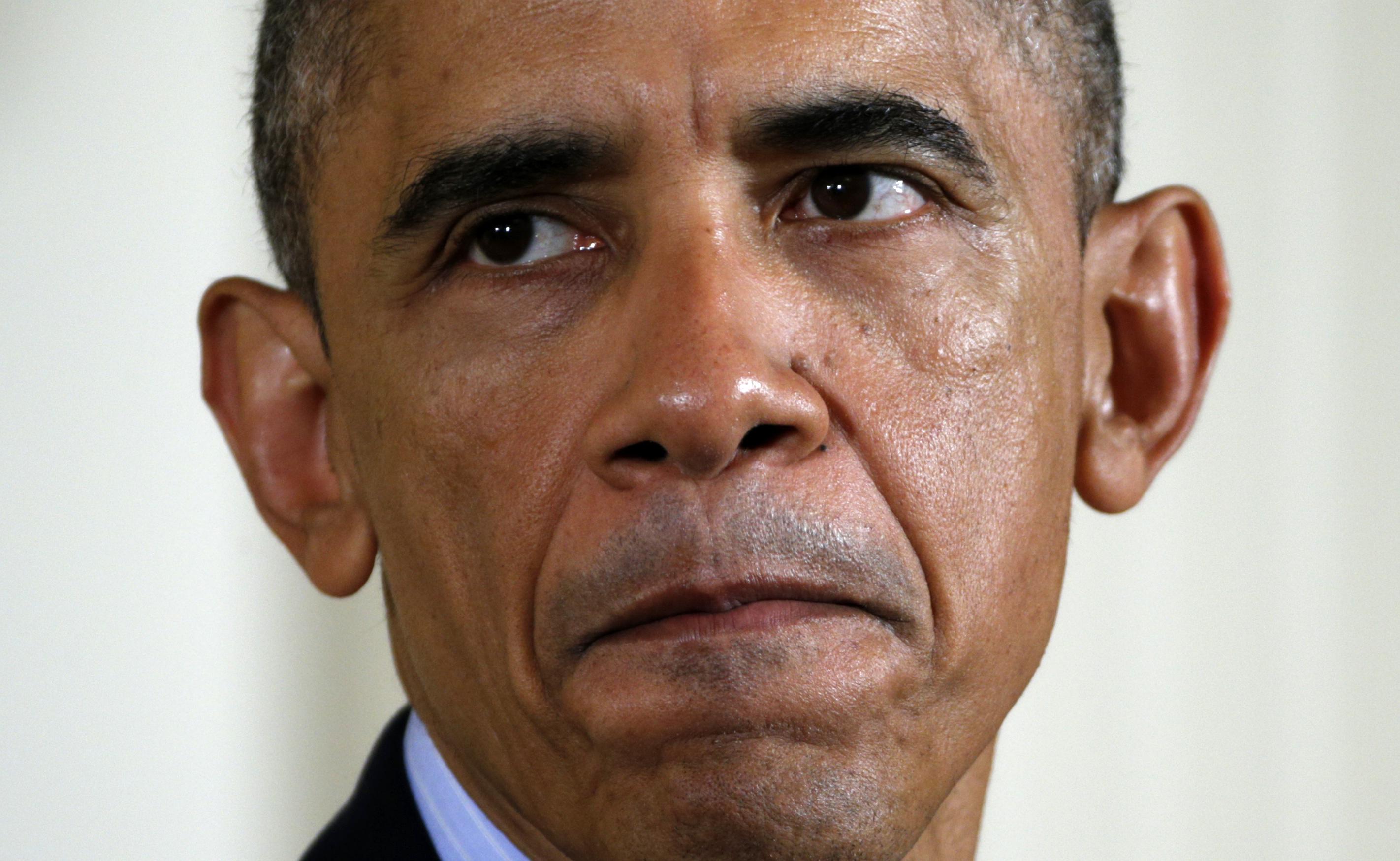As President Obama prepares to face a newly GOP-dominated Congress, his use of executive power has been the focus of not a little attention. But when it comes to one of the most obvious of his delegated powers, the veto, Obama has exercised striking restraint, vetoing only two bills (far outstripped by George W. Bush’s 12, Bill Clinton’s 37, George H.W. Bush’s 44 and Reagan’s whopping 78 vetoes). A new USA Today piece examines the president’s veto habits and wonders whether his restrained approach will change soon.
USA Today writes that not only has Obama vetoed fewer bills in his time in office than any president since James Garfield (whose 200-day veto-free term in office was cut short by his assasination in 1881), he’s also issued veto threats less frequently than any president since Jimmy Carter. Obama tends to take a more positive approach than that of his predecessor, announcing the likelihood he’ll sign legislation he wants to encourage where Bush relied more heavily on the disincentive of the veto threat against bills he disliked, the paper says. Obama’s administration also softens most of its veto threats by issuing them through “senior advisors” rather than directly from the president himself. Of the 18 bills Obama himself threatened to veto during this Congress, all but one related either to the repeal of the Affordable Care Act or the government shutdown.
The veto isn’t the only way a president can exercise influence at the signing table, though. Like Bush and others, Obama has used “signing statements,” interpretive commentary added by the president when signing a bill into law. The practice, at its most controversial, can be used to suggest elements of the new law conflict with the Constitution. As the Washington Post explains, signing statements date back to the 19th century but experienced a boom in popularity with Reagan; George W. Bush issued 161 statements, citing problems with more than 1,000 provisions in laws he signed. In comparison, Obama has relied far less heavily on the tool, issuing about 30 such statements.
Our current president, of course, has heretofore never worked with a Republican Senate; 11 of George W. Bush’s 12 vetoes came after the Democrats took the Senate in 2007. So time will tell whether Obama’s relative reticence to use vetoes and signing statements is a sign of his famous tendency toward compromise—or simply a function of favorable circumstances that no longer exist.
